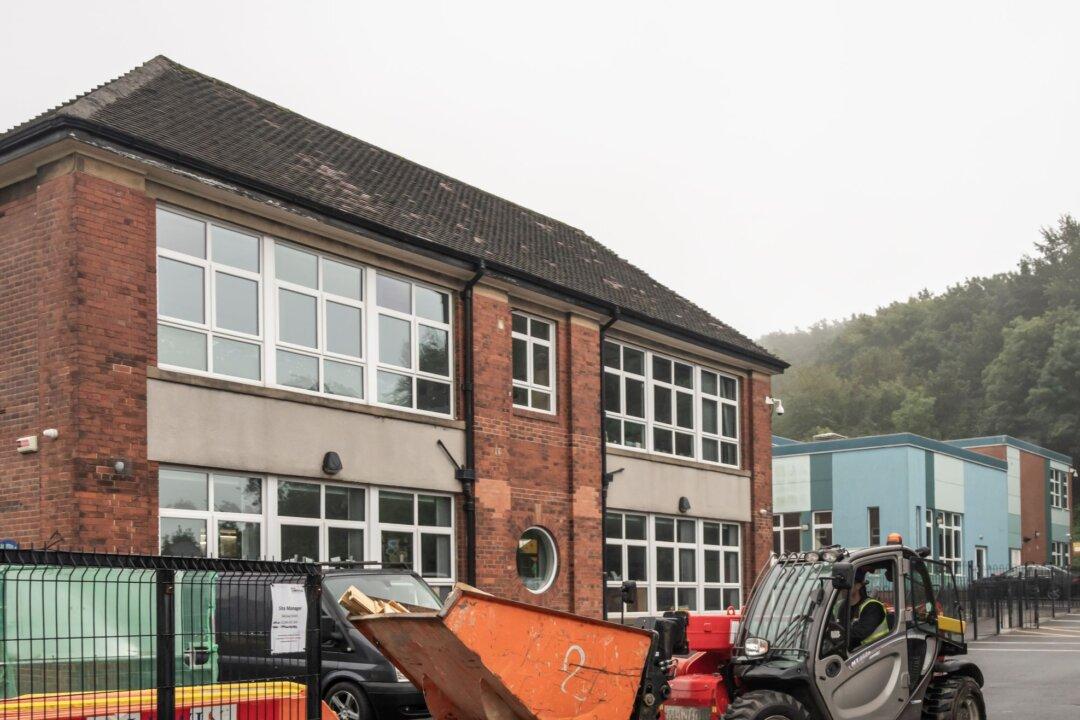The Department for Education has ordered 104 schools and colleges to shut buildings which contain a special type of concrete, amid fears that it could be prone to collapse.
Reinforced autoclaved aerated concrete (RAAC), which was widely used to construct schools and other buildings between the 1950s and the early 1980s.





